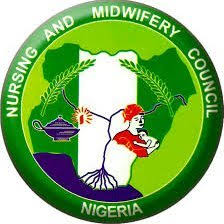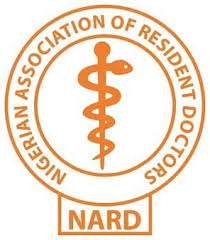The Neo Child Initiative for Africa (TNCI) has called for the inclusion of oral healthcare education in the antenatal care programmes to help expecting mothers improve their oral health and inculcate the habit in their children after delivery.
It also stressed the need to integrate dental care into primary healthcare services to help reach more children in underserved communities.
TNCI Senior Programme Coordinator, Esther Nwaiwu, made the call at a medical outreach programme held at Iwaya Primary Health Centre, Yaba, Lagos, which was targeted at providing free dental screening for over 200 children and educating them on the importance of oral health in commemoration of this year’s World Oral Day (WOD) themed: ‘A happy Mouth is a Happy Body.’
Nwaiwu said WOD is celebrated all around the world and the group is supporting the United Nations initiative to encourage oral health in people. He emphasized the importance of oral healthcare, especially in children and the need for them to have free, quality and accessible oral healthcare, especially for remote and underserved areas.
She said: “When we talk about dental care, children are often neglected because they are still growing but they need to know the dangers that come with not taking care of their teeth from an early age. They take a lot of sugar and sweets, so we want to educate them on the damages these could cause to their teeth and preventive measures they need to take.”
Nwaiwu also canvassed for increased awareness of oral healthcare amongst children in schools.
The President, of the University of Lagos Association of Dental Students (ULADS), Sayomi Omoogun, noted that a lot of Nigerians have little knowledge of oral healthcare, thereby unable to help their children.
She recommended the incorporation of oral healthcare into antenatal programmes to help expecting mothers teach their children. “We believe that children are change agents and it is important to catch them early because a healthy smile starts early and that is why our outreach this year is targeted at children as change agents.
“When you teach them things like the habit of brushing twice daily, and eating healthy foods instead of always eating candy or sugary snacks, they can learn fast and even influence people around them with such good habits.”
“Everything needs to start from when the mother is pregnant and going to antenatal, it is supposed to be incorporated into the antenatal clinic so that mothers would know that if their oral hygiene is poor, it will affect the child because it’s the lifestyle you’re living that you are going to teach the child,” Omoogun added.
TNCI Assistant Health Lead, Eunice Adeyeye, spoke about the underserved communities and how the NGO plans to get more children to benefit from the free oral health programme, especially in remote communities.
“We are passionate about providing free health care for children in underserved communities; ensuring they have access to healthcare, live to their full potential, and compete with their counterparts in different parts of the world,” she said.




